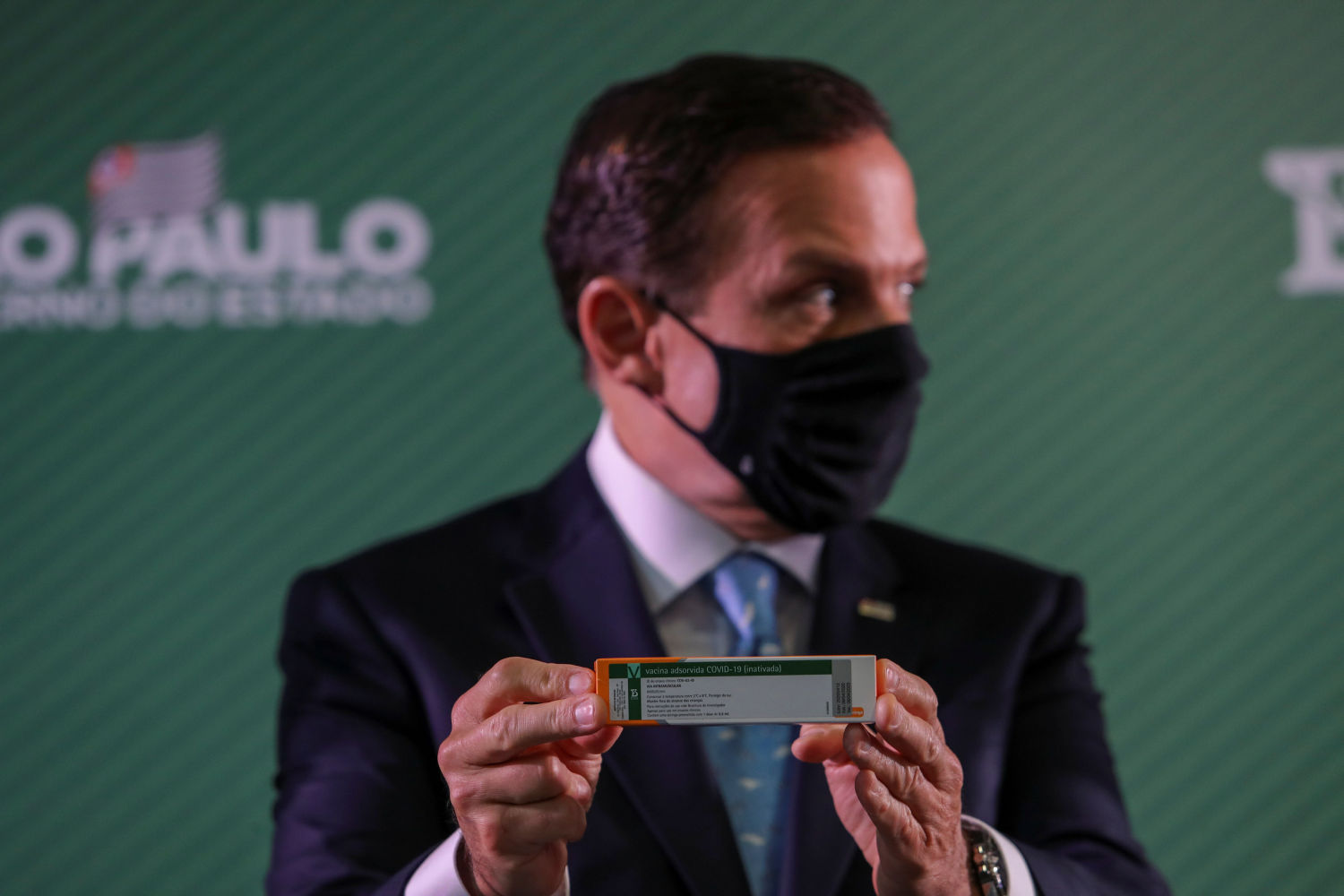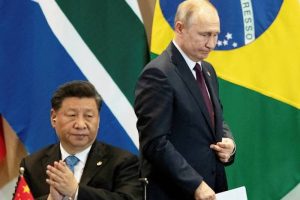(ATF) The coronavirus vaccine developed by China’s Sinovac Biotech showed a general efficacy of less than 60% in its late-stage trial in Brazil, according to a report published in São Paulo on Monday.
UOL, a news website, said the figure – which contradicts the official efficacy rate – was sourced from two people who seen the results, but the Butantan Institute biomedical centre, which partnered with Sinovac to test and produce the CoronaVac vaccine in Brazil, dismissed the report as “purely speculative”.
The website reported that the efficacy rate that Butantan was set to announce on Tuesday was over 50% – the threshold set by health regulators, but well below numbers released last week. Dimas Covas, director of the Butantan biomedical centre, said analysis had yielded a “clinical efficacy” of 78% announced last week.
In the case of the most severe symptoms, the rate of effectiveness was 100%, UOL reported. This means, according to researchers, that the vaccine can reduce the demand for intensive care unit beds.
The exact efficacy numbers were not released following a request by Sinovac, which is also testing its vaccine in Turkey and Indonesia, and Brazilian medical experts and regulators have criticised the incomplete disclosure of study results.
More information needed
Covas said the institute would eventually provide full data to a scientific conference to be announced this week. Brazilian health regulator Anvisa said on Saturday that a filing from Butantan seeking emergency use authorisation for CoronaVac lacked some relevant information for analysis of the study, such as the age, gender and co-morbidities of volunteers.
Indonesia gave the vaccine emergency use approval on Monday based on interim data showing it is 65% effective, prompting analysts to speculate on whether the China-made vaccine was effective enough to provide enough immunity to get Indonesia’s coronavirus-racked economy back on its feet. “There are questions on the CoronaVac efficacy rate,” said Heng Siong Kong, an equity analyst at Nomura in Kuala Lumpur.
Both the Chinese vaccine and a shot developed by the UK’s University of Oxford and British-Swedish firm AstraZeneca have requests for emergency use authorisation pending with regulators in Brazil, which has lost more than 200,000 lives to the pandemic – the worst official death toll outside the United States.
CoronaVac deploys a chemically inactivated version of the virus to spark an immune response and is given in two doses but the Chinese vaccine is at the centre of a political battle in Latin America’s largest nation.
President Jair Bolsonaro has repeatedly expressed scepticism about vaccines and vowed not to have a jab himself but São Paulo state governor João Doria has pledged to begin a programme of immunisation by January 25. Federal health minister Eduardo Pazuello said the government has 354 million doses of vaccine – 254 million from AstraZeneca and 100 million from Sinovac.
With reporting by Reuters
























